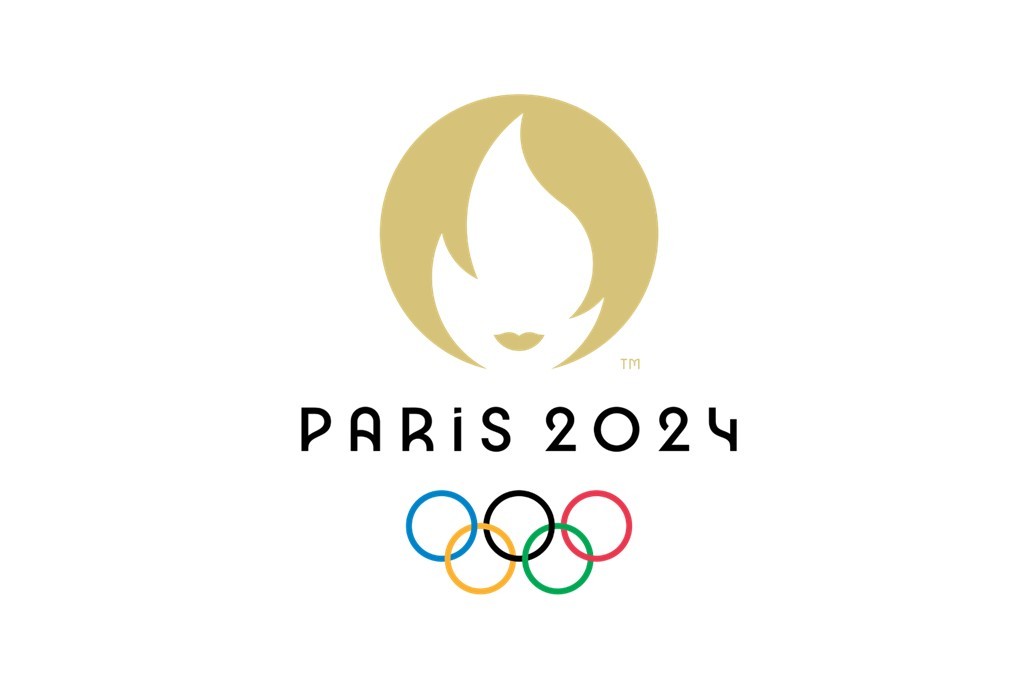Wed, October 01, 2025
Paris 2024 Olympic Games had modest economic impact

According to France’s Court of Auditors, the Paris 2024 Olympic Games only produced a modest economic impact within the country and had an insignificant effect on growth, even though total public expenditure cost the French state over €6 billion for the Olympics and Paralympics.
This included €3.02 billion for event organisation and €3.63 billion for infrastructure investment. This exceeded the auditors’ original estimate in June by €690 million. Roughly €293.6 million in public revenue was created through taxes and commercial activities. The Cour des Comptes report stated that the organising committee of the Paris Games, funded mainly through private resources, reported a profit of €75.7 million.
Auditors voiced: “The Games’ impact on annual economic growth in 2024 is estimated at +0.07 percentage point of GDP once indirect effects are factored in…
The benefits have been modest, both in the run-up — when soaring prices limited the real effect of infrastructure spending — and during the Games themselves, as regular tourism was partly crowded out. The medium to long-term economic benefits remain uncertain.”
It was also reported that security was successful for the most part, even though high-speed rail lines were sabotaged on the opening day of the Games. However, the state under-budgeted security costs which reached around €1.44 billion. The French Interior Ministry argued that estimating security costs was more difficult for France considering the opening ceremony was on the river Seine.
With France’s economy in turmoil for an array of reasons, a citizens’ group, Collectif Citoyen JOP 2030, has taken legal action to oppose the country hosting the 2030 Winter Olympics. It voiced: “At a time when public services are being cut, this is yet another financial waste, estimated at over €2.5 billion in public funds for the entire Games, imposed on us without any opportunity for debate…
These colossal sums are unlikely to benefit mountain residents or populations who truly need them, while they could instead support a real transition for our mountain regions.”



